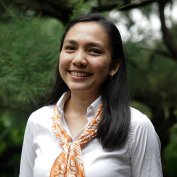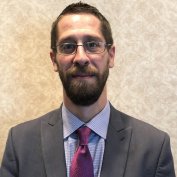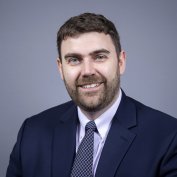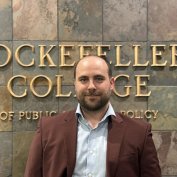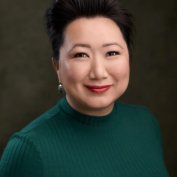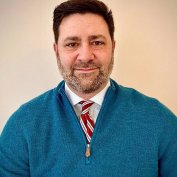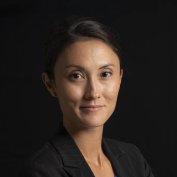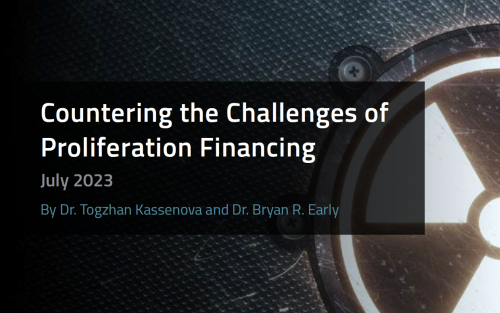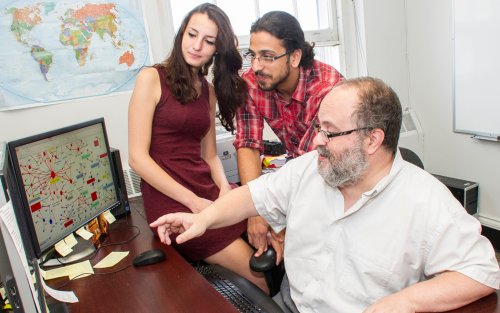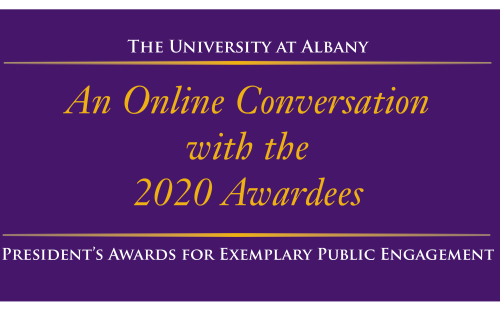The Project on International Security, Commerce, and Economic Statecraft (PISCES) is dedicated to conducting research and outreach on policy issues that intersect the realms of economics and security.
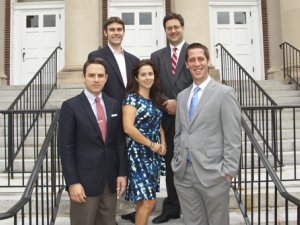
A range of important topics exist at this cross-roads, including the proliferation of strategic and military technologies, border security, illicit trade, and the use of sanctions, strategic trade controls and foreign aid by governments as tools of economic statecraft.
In many cases, these topics overlap with one another and require a holistic approach to gain the greatest understanding of them.
One of the key goals of PISCES is to contribute to the greater good through conducting research on these issues and raising global understanding and awareness of them.
Another goal is to draw on our members’ practical and research-based expertise to responsibly contribute to crafting more effective policies for the private sector, governments, and international organizations.
PISCES also contributes to the educational mission of the Rockefeller College of Public Affairs & Policy by teaching a rising generation of students about these issues.




